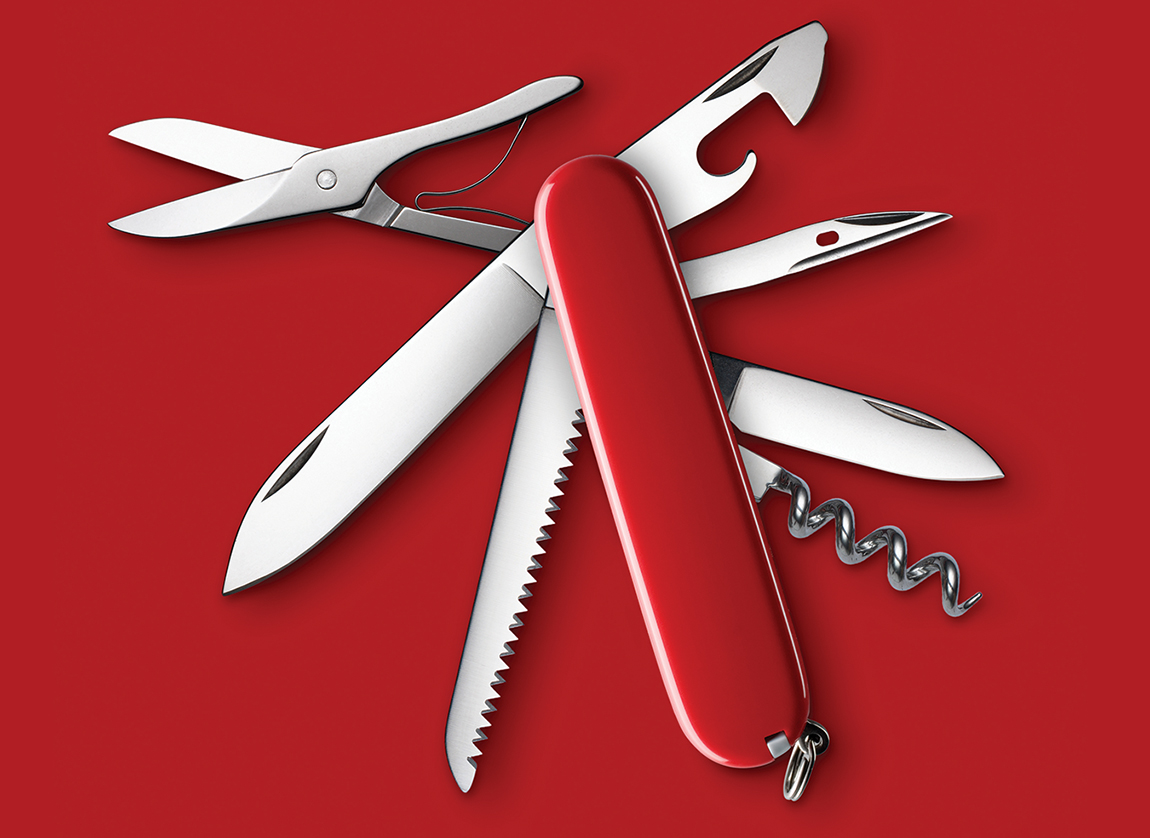One thing is certain: 2022 will bring more uncertainty. How we do business—and manage talent—may never be the same. Here’s what change takes.
By Adrian Furnham, Ph.D.
Change hurts. And it only gets more painful with each passing year. That’s because your brain loses some of its ability to change as you get older. Because of this “reduced plasticity,” as the psychologists call it, most of us stop significantly changing by the time we reach our 30s.
But change is more essential than ever. Our post-pandemic world isn’t likely to look the same as it did before any of us heard of COVID-19. Are you ready?
Many people believe they can change most of their beliefs and behaviors with a little practice. Tons of self-help books promise to provide these change secrets, from curing your addictions to boosting your general health and happiness. These manuals offer simple solutions to complex psychological phenomena and processes, and often make claims that aren’t in any way supported by peer-reviewed, empirical research.
Sign up for the monthly TalentQ Newsletter, an essential roundup of news and insights that will help you make critical talent decisions.
Despite the lack of legitimate scientific evidence, there are debates all over the field of psychology about how to change individuals and groups.
In personality theory, some scholars suggest that significant, systematic, and explicable personality traits do change over time, while the detractors argue that very little changes overall, save for the color of your hair and the wrinkles on your face.
Experts are also split about whether people can become more intelligent. If you subscribe to the “entity theory” of intelligence, you’re a fixed mindset theorist: You believe IQ levels remain constant over a person’s lifetime regardless of their education, effort, and experience gained. You’ll argue that anybody can learn new things, but your underlying intelligence level essentially never changes.
On the flipside, if you’re an incremental theorist, you believe that intelligence can be increased and cultivated over a lifetime through plenty of hard work and continued learning.
While fixed mindset theorists tend not to increase their level of effort in educational and work environments because they don’t believe they can improve their performance, incremental theorists acknowledge the importance of effort when you’re approaching any learning task.
Indeed, the issues of malleability and immutability of abilities and temperament is at the heart of many psychological debates, including Malcolm Gladwell’s Talent Myth and 10,000-Hour Rule concepts, both of which suggest you can be an elite performer as long as you put in the sufficient effort.
The real truth: People change only if they want to. They can’t be coaxed, forced, or even bribed.
They must really want change—which brings us to the question: Just why the heck would extremely successful people want to change their lifestyle, philosophy, and management style anyway?
Let’s consider six common reasons people embrace change.
1. LOSS » Losing a significant person, like a parent, spouse, or child, can change the purpose of your life. All your plans, hopes, and dreams can vanish with your loved ones. In almost every case of a major loss, a reappraisal is required, which may involve a dedication to a cause or charity in memory of the lost person, the loss of faith, or the gaining of a new belief system. Less catastrophic, but also important, is losing your job. Sudden, involuntary unemployment can have major consequences on the pattern of your life. That destabilization may mean the beginning of change.
2. ILLNESS » This is most often caused by stress and habit disorders. While you can tolerate the occasional headache or ulcer, chronic stress is a tougher pill to swallow, and can easily manifest in various psychosomatic disorders or lead to more serious health scares. Regardless of the ailment, if it’s big enough, it could cause you to completely reevaluate your life and seek change.
3. INSOLUBLE CONFLICT » Personal relationships are the major source of both support and stress. All relationships have rocky phases, but chronic, costly conflicts with a spouse, close friend, or child can make you ask for help and see the need for change.
4. UNFULFILLED DREAMS » Most of us have career dreams, expectations, and fantasies: Be the CEO by 35, retire at 40, and have three happy and healthy children. But as time ticks by, you start to wonder if you’ll ever meet your goals. Failed hopes can induce grief, which can ultimately lead to a wake-up call.
5. INAUTHENTICITY » Many employees have to be “someone else” at the office, where you’re required to sacrifice your time and commitment. This can lead to a double life imbalance—the feeling that in the end, the game isn’t worth the reward. Some jobs and lifestyles require a tremendous deal of emotional labor, like learning the script and towing the line, and this can wear you down to the point of exasperated explosion.
6. NEW OPPORTUNITIES » Serendipity can provide many options for change: being left a considerable amount of money by a distant relative, winning some kind of large prize, or experiencing a major change at work. Whatever the opportunity, it could allow you to develop new passions or find new ways of living and being.

Given the desire to change, some people enter therapy—or hire a business coach. (Whichever is easier.) Regardless of who you choose, your change agent will tell you there are certain criteria for “change readiness.” In short, how much do you really want to change? For starters, you’ll need to have these characteristics:
Psychological insight and curiosity: Can you see the connections between your past and current thoughts, emotions, and behaviors? Brighter, more experiential people are more interested in change—and as a result, they’re more willing to give it a try.
Emotional awareness and management: Can you talk openly about your true feelings, and can you deal with them once the mud at the bottom of the pool has been disturbed? Change leads to doubt and ambiguity. It stirs your emotions, which is why you need to regulate them.
Capacity for self-disclosure: Can you tell others about your fears, beliefs, and guilty secrets in an unguarded way?
But that’s not all. In a 2010 study in the Journal of Applied Psychology, two Israeli psychologists discovered that the following four factors predicted an individual’s resistance to (imposed) change at work:
Routine seeking: Most people like a stable routine. They’d rather be bored than surprised, and they take comfort in the daily rituals that change threatens to destabilize.
Stress and tension: Any change at work can signal danger, which leads to more worrying—and eventually a drop in performance.
Short-term thinking: People focus on immediate inconvenience and discomfort, even when they’re aware of long-term benefits.
Cognitive rigidity: This is also known as dogmatism, or a profound dislike of changing your views.
Most people are ambivalent about change. Much depends on your own experience, and the extent to which it’s imposed from above. But equally important is your attitude to whomever is instructing you to change; the most toxic mix is if you’re dispositionally resistant to change and you don’t trust your change agent.
It’s true: If you always do what you’ve always done, you’ll always get what you’ve always gotten. And it’s also true that change is a journey—not a destination.
But sometimes you may be fortunate enough to be rattled out of your complacency and try something new. So when the next change comes for you, will you be prepared?
Adrian Furnham, Ph.D., is an organizational and applied psychologist, management expert, and professor of psychology at University College London. He’s also a consultant to more than 30 major international companies, focusing on top team development and performance management systems.


